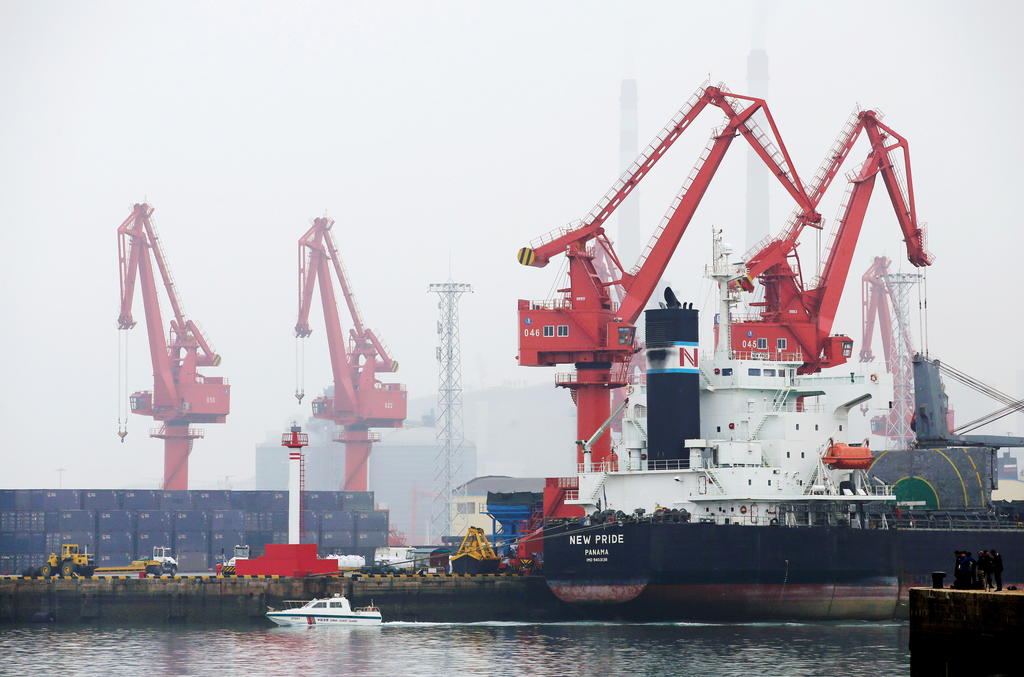(Bloomberg) –China’s first auction of oil from its strategic reserves looks relatively paltry, but the possibility of further releases is still likely to exert a powerful influence on global crude prices.

The initial sale will be for about 7.38 million barrels of crude on Sept. 24, the National Food and Strategic Reserves Administration said late Tuesday in Beijing. That’s less than what China typically imports in one day.
The sale is part of an effort by Beijing to cool surging prices for raw materials and keep a lid on inflation, and there’s a chance the auctions could be ramped up to achieve these ends. The new strategy is another major “wild card” for the market and is one of the reasons why global crude prices aren’t likely to climb sustainably above $80 a barrel, said Vandana Hari, founder of Singapore-based market analysis firm Vanda Insights.
“Beijing has a powerful tool to cool down overheated crude prices, at least over a short period, and it’s determined to use it,” she said. “As the triggers for a release are unlikely to be officially disclosed, this is now a new bearish element that could be sprung upon the market at short notice.”
The volume is less than Energy Aspect Ltd.’s estimate of 10 to 15 million barrels and well below the 35 to 70 million that some market participants had been anticipating, Yuntao Liu, an analyst at the industry consultant, said in a note. Successful bidders can lift the oil up to Dec. 10, meaning it will probably be the only auction this year, he said.
China currently has around 220 million barrels of crude in its strategic reserves, according to Energy Aspects. The sales could be more frequent next year, but total volumes sold before mid-2022 are likely to be less than 50 million barrels, it said. “Nevertheless, this is a still strong signal that China is willing to step up its market intervention in the future should price pressure mount,” Liu said in the note.
Companies participating in the auction need to comply with national refinery industry policy and have a sufficient import quota, the strategic reserves administration agency said. Buyers should also have a good credit record and the crude purchased should be for their own use and not for resale, it said.
The oil will come from China’s reserves facilities in the northeastern city of Dalian, the agency said. PetroChina Co. and Hengli Petrochemical Co. have refineries in the city.
The fact that the government announced the auction at peak global oil trading times and released a lot of details shows it wants to be transparent, said Sengyick Tee, an analyst at Beijing-based SIA Energy. “If the government really wants to influence the price, we should expect more batches to come, possibly in the fourth quarter,” he said.
[contextly_sidebar id=”OBonfRFpFy8cuByDPmFjce8rLdZNJl2B”]






